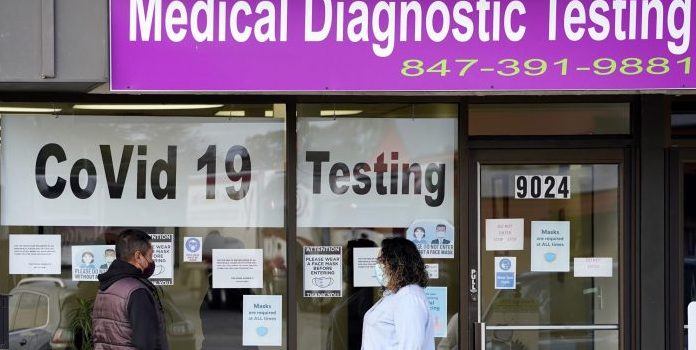Lacking sufficient personnel to enforce President Joe Biden’s vaccine mandates, the Occupational Safety and Health Administration will have to rely on a network of “informers” inside private companies to identify violations of the order.
“The 490-page regulation will cover American businesses with at least 100 workers, or about 84 million employees in all,” reported CBS News. “So the government will rely upon a corps of informers to identify violations of the order. Employees who will presumably be concerned enough to turn in their own employers if their co-workers go unvaccinated or fail to undergo weekly tests to show they’re virus-free.”
Critics, however, point out there aren’t very strong protections against those employees who inform about violations of COVID mandates, with retaliation in other OSHA cases “rampant” according to the Associated Press.
“the government will rely upon a corps of informers to identify violations of the order” https://t.co/6inF4878fs Yeah, that’s not creepy at all.
— Mark Krikorian (@MarkSKrikorian) November 10, 2021
Still, the financial rewards for whistleblowers can provide a lot of incentive for informers to step forward.
“The intense publicity around the issue of vaccine mandates makes this an attractive potential tool for whistleblowers or qui tam relators, who stand to receive a substantial ‘bounty’ for successful claims,” said the National Law Review.
The Biden mandate has thus far not gone into effect as opponents filed and obtained a federal stay from implementation of the vaccine measures aimed at employers of businesses with more than 100 employees, said CNBC.
Yet, the White House is telling businesses to ignore the court order and planning for the mandate to be implemented.
“The White House on Monday said businesses should move forward with President Joe Biden’s vaccine and testing requirements for private businesses, despite a federal appeals court ordering a temporary halt to the rules,” reported CNBC.
OSHA said that informers should first talk to company management and try to resolve issues at the local level.
“Employees could also file a confidential safety complaint with OSHA or have a case filed by a representative, such as a lawyer, a union representative or a member of the clergy,” CBS reported. “But they have no right to sue their employer in court for federal safety violations.”
After a complaint is filed, it’s up to OSHA to investigate or not.

